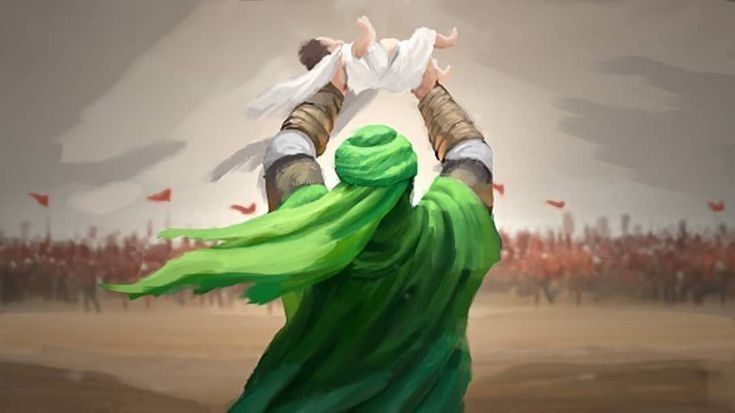In the context of the events of the Battle of Karbala, Muharram 9 is a significant day as it marks the arrival of Shimr ibn Dhil-Jawshan to Karbala. The Battle of Karbala took place in the month of Muharram in 680 CE.
Shimr ibn Dhil-Jawshan was a prominent figure among the forces of Yazid ibn Muawiya, the Umayyad caliph, who led the army against Imam Hussain (AS) and his companions. He is unfortunately remembered for his role in the tragic events that unfolded in Karbala.
When Shimr arrived in Karbala on the 9th of Muharram, the situation became even more tense and dire for Imam Hussain (AS) and his followers. The arrival of additional reinforcements to the enemy’s army further sealed off any hope of a peaceful resolution to the conflict.
Imam Hussain (AS) and his companions knew that they were vastly outnumbered and facing a formidable adversary. Despite this, they remained steadfast in their commitment to their principles and refused to pledge allegiance to Yazid’s oppressive rule.
The events of Karbala reached their culmination on the 10th of Muharram (Ashura) when the forces of Yazid attacked Imam Hussain (AS) and his followers. In the ensuing battle, Imam Hussain (AS) and his companions, including his family members, were tragically martyred, and the surviving members of the Imam’s camp were taken as captives.
The martyrdom of Imam Hussain (AS) and the tragedy of Karbala continue to be deeply mourned and commemorated by Muslims, particularly by Shia Muslims during the month of Muharram. It serves as a powerful reminder of the importance of standing up against oppression and injustice, even in the face of overwhelming odds.

